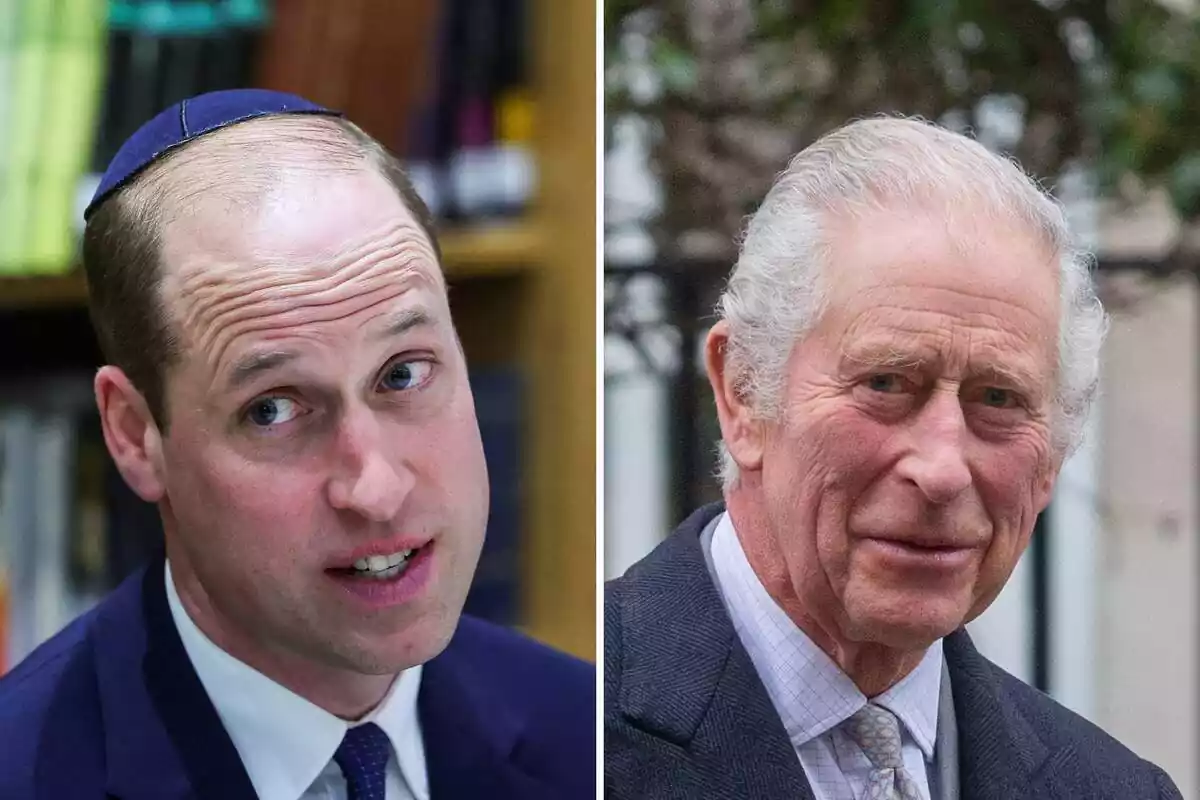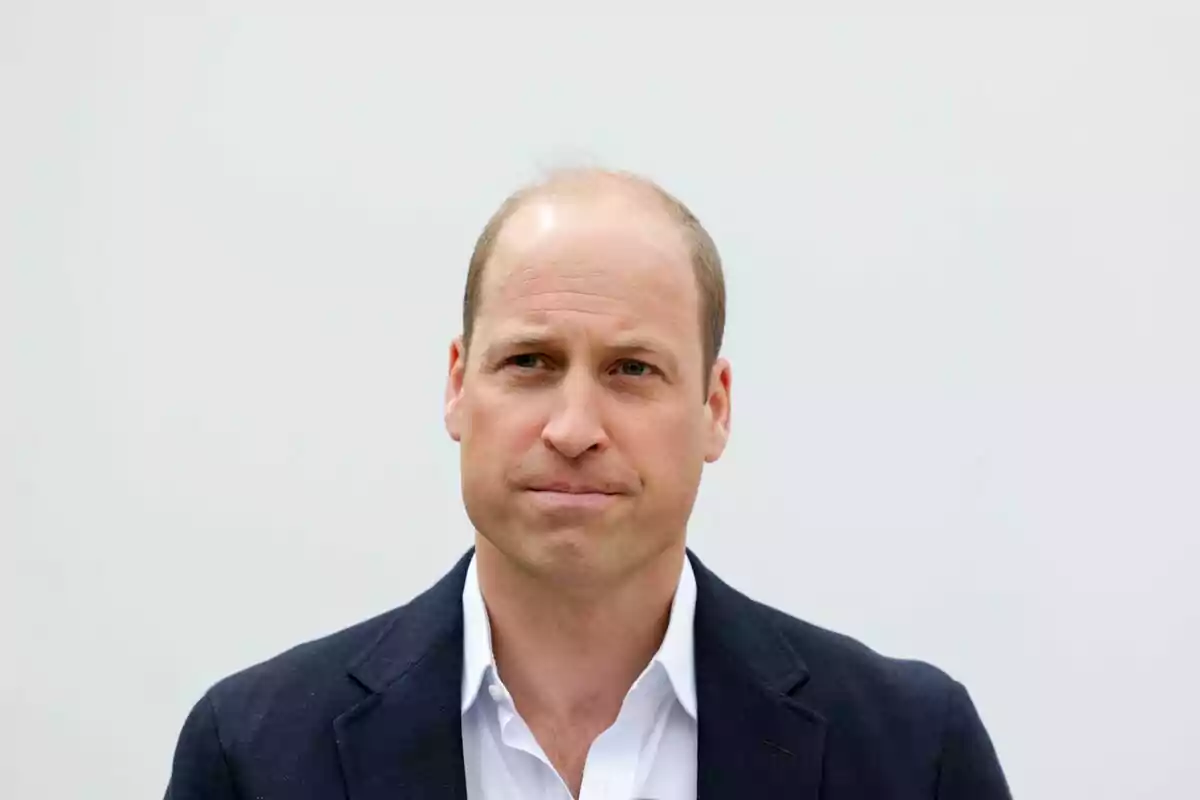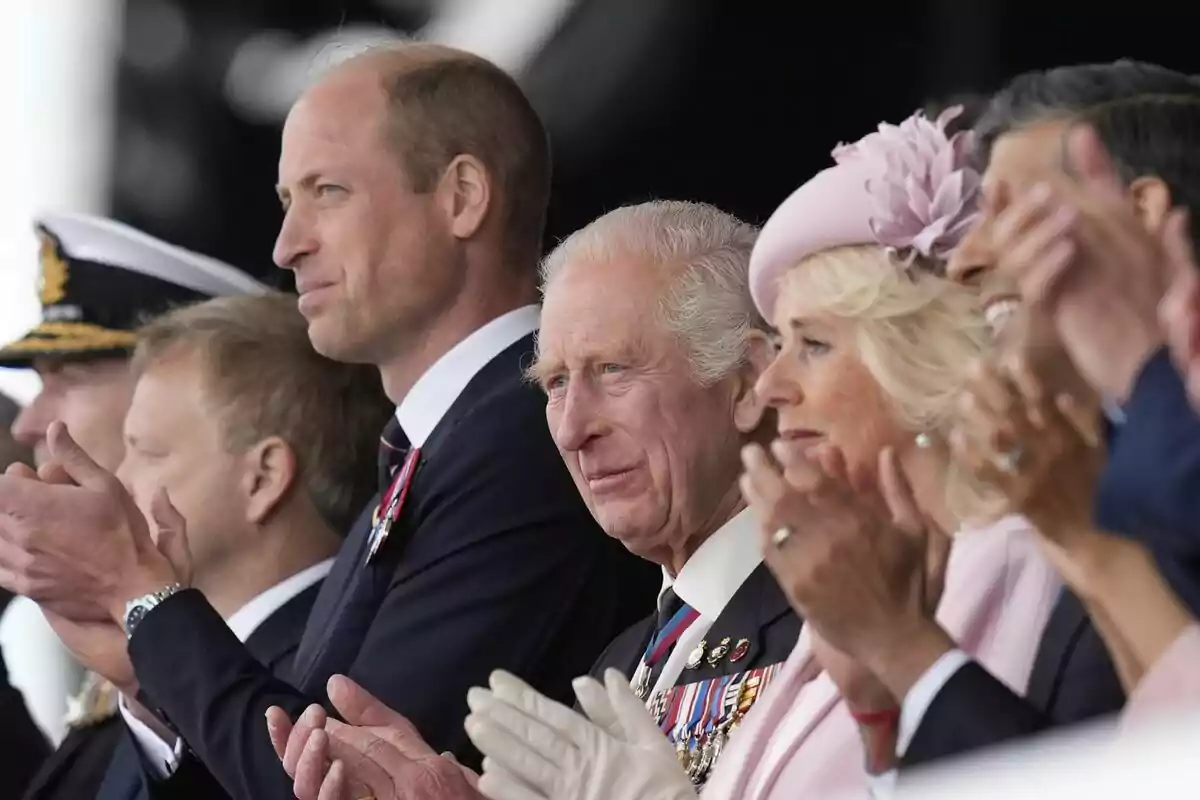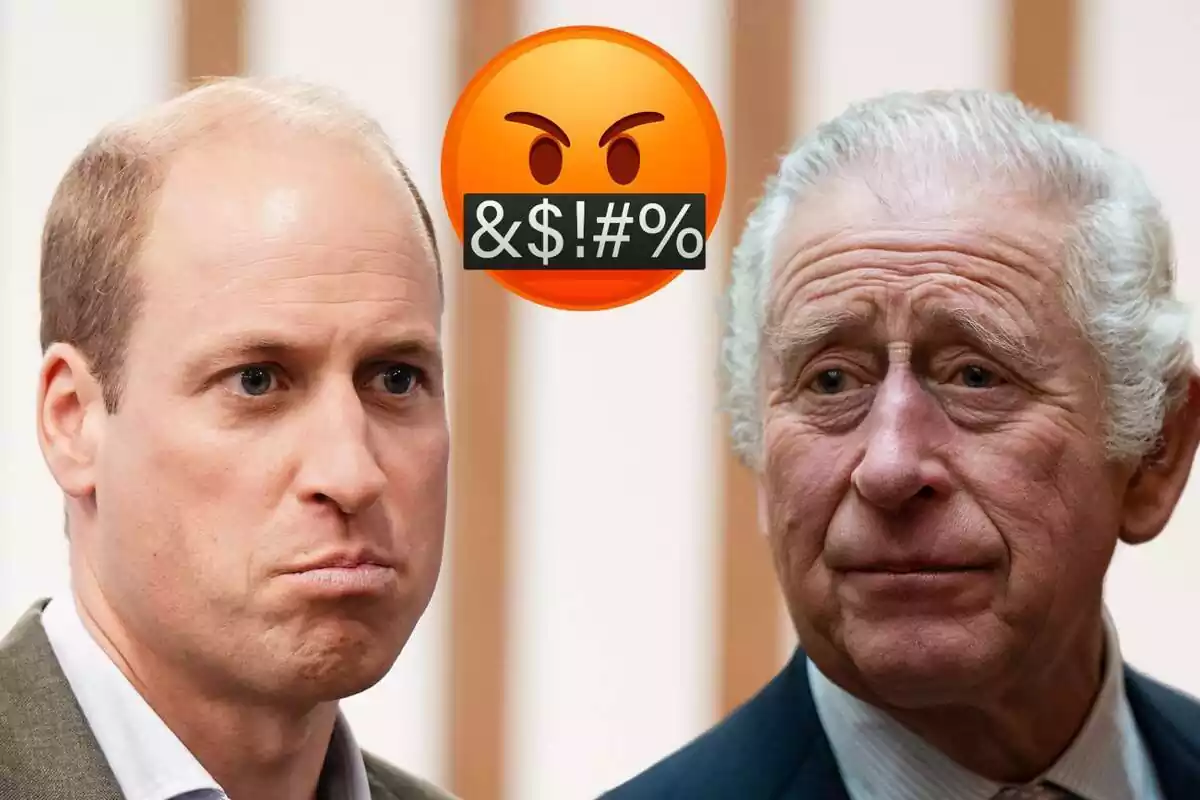The British royal family has always been a symbol of history, tradition, and, in many cases, top-level. However, one of the most fascinating and lesser-known aspects of the monarchy is the considerable wealth accumulated by its members.
A recent analysis has revealed the origin of a wealth that spans more than 180,000 acres in England and Wales. This fortune is not only related to income derived from lands and properties but also to an economic model inherited from centuries ago.

This is the fortune of King Charles III and Prince William
The Duchies of Lancaster and Cornwall, which have been possessions of the royal family since medieval times, represent the core of this fortune. Although part of these properties were acquired after the Norman conquest.
Today, the income from the duchies comes from a wide variety of sources. From commercial rents to more unusual properties, such as parking lots, mines, or even a prison.

The most surprising agreements are those that have allowed public bodies, such as the National Health Service (NHS) or the Ministry of Justice, to lease properties from the royal family. Generating rents that contribute to the crown's growing wealth.
Additionally, both Charles and William have demonstrated a commitment to social causes by donating part of these properties to charitable organizations. Institutions like Macmillan Cancer Support benefit from renting premises in valuable properties.
Do Charles III and Prince William pay taxes?
What is striking is the fact that both Charles and William are exempt from paying taxes on the income obtained from them. But both have chosen to pay the highest tax rate as a way to show their support for public causes.
The economic system that sustains this fortune, although controversial for some, has been effective and has been maintained over generations. The income obtained from royal properties finances a large part of the monarchy's institutional expenses.

Meanwhile, the "bona vacantia" system, which allows William to claim properties without heirs, has played a key role. Allowing him also to make generous donations to charitable organizations.
Thus, the British royal family continues to demonstrate a remarkable ability to manage its assets. The economic strategy followed by the Royal House has ensured that both the monarchy and the British people continue to benefit from a historic fortune.

